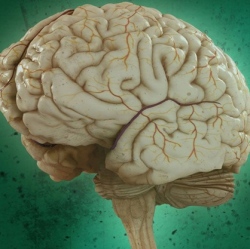
Yung Chang and her colleagues at Arizona State University’s Biodesign Institute have launched an ambitious new project designed to attack nicotine dependence in a radically new way. The research effort, pursued under a new $3.3 million grant from the National Institute of Drug Abuse, will attempt to design a vaccine conferring immunity to nicotine, using nanoscale structures assembled from DNA.
“The DNA nanostructure enables rational design and construction of synthetic vaccines, because of its precision control over the placement of various antigenic components,” Chang says. “This approach may offer a new strategy to improve the efficacy of many different vaccines.”
The researchers hope to identify promising candidates for a new nicotine vaccine and advance them toward Investigational New Drug submission.
The researchers emphasize that if their DNA nanotechnology approach proves successful, it could plausibly be applied to the development of future vaccines against any target of interest, including other drugs of abuse, infectious agents or tumor antigens, thereby opening an entirely new chapter in vaccine development.
